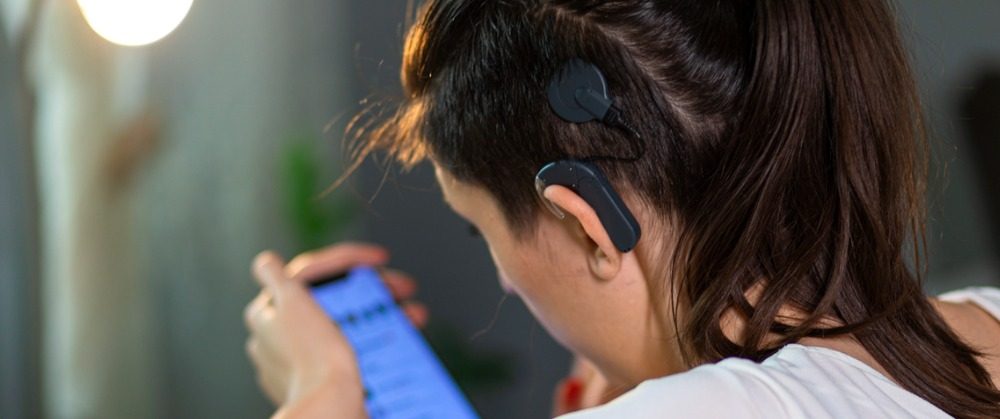Ahead of International Cochlear Implant Day, we’d like to thank the thousands of ASHA members who help people with cochlear implants every day! In recognition of the positive effects that cochlear implants can play in the lives of people around the world, we’re showcasing recent articles on cochlear implantation from four of ASHA’s five journals. The research featured in these articles can help audiologists work with their clients to achieve the best outcomes for them and their communication partners.
Cochlear Implants in Children
Verbal Fluency in Prelingually Deaf, Early Implanted Children and Adolescents With Cochlear Implants: Cochlear implants have been shown to improve spoken language outcomes in deaf children. However, this article shows that these children may still have deficits in retrieval of phonological and semantic information, resulting in poorer verbal fluency than peers with normal hearing.
The Contribution of Phonological Processing to Reading and Spelling in Students With Cochlear Implants: This article also looks at phonological processing difficulties in children with cochlear implants—but, this time, as it relates to literacy. The authors presented the need for further research into the contributions of phonological processing to literacy development and more evidence-based research to support literacy in children with cochlear implants.
Cochlear Implant Decision Making for Children With Residual Hearing: Perspectives of Practitioners: Although cochlear implants are increasingly being prescribed for children with some residual hearing, there is no clear “cut-off” point by which they should be considered. In this article, researchers surveyed audiologists about their confidence in determining cochlear implant candidacy in children with residual hearing—with encouraging results!
Cochlear Implants in Adults
Influence of Electric Frequency-to-Place Mismatches on the Early Speech Recognition Outcomes for Electric–Acoustic Stimulation Users: The authors investigated why adult cochlear implant users with hearing preservation experience had better speech recognition with electric–acoustic stimulation than with their cochlear implant alone. The results suggested that clinicians should use place-based mapping procedures in order to help reduce electric mismatches and improve speech recognition.
Phoneme Training for Adult Cochlear Implant Users: A Review of the Literature and Study Protocol: Audiological rehabilitation for adults who receive cochlear implants involves auditory training to improve speech perception with the implant. This article reviews the current literature on phoneme training in adult cochlear implant users and describes the protocol for an individualized phoneme training program.
An Exploration of Quality of Life Perceptions of Cochlear Implant Recipients and Their Frequent Communication Partners: Cochlear implantation affects the quality of life not only for the recipient but also for their frequent communication partners. Learn how both groups rated several quality-of-life measures before and after implantation—and how their discrepancies point to future research directions.
More Resources on Cochlear Implants
International Cochlear Implant Day celebrates the first cochlear implant, which was done more than 65 years ago. ASHA’s journals have published almost 3,000 articles on cochlear implants in that time, with dozens more articles being added annually, so be sure to check back throughout the year for the latest on cochlear implants. You can also check out our previous coverage of this important day of recognition from 2022 and 2023 for more content from across the journals.







